The Best Supplier Relationship Management Software
Get the best software for your business. Compare product reviews, pricing below.
What is Supplier Relationship Management (SRM) Software?
Supplier relationship management (SRM) software is a communication solution for manufacturers, distributors, and retailers along the supply chain. Supplier management used to be all about organizing vendors with Rolodexes and color-coded index cards. Now SRM is managed digitally by a state-of-the-art software suite.
You need to foster a healthy relationship with all your procurement channels. Similar to customer relationship management handles B2C communications, SRM is designed for easing communication between your company and those you regularly interact with on a B2B level. Build positive supplier and vendor relationships with an SRM solution.
Note: Supplier relationship solutions are sometimes referred to as vendor management software, which are different from vendor management systems. Find a vendor management system for your contingent workforce.
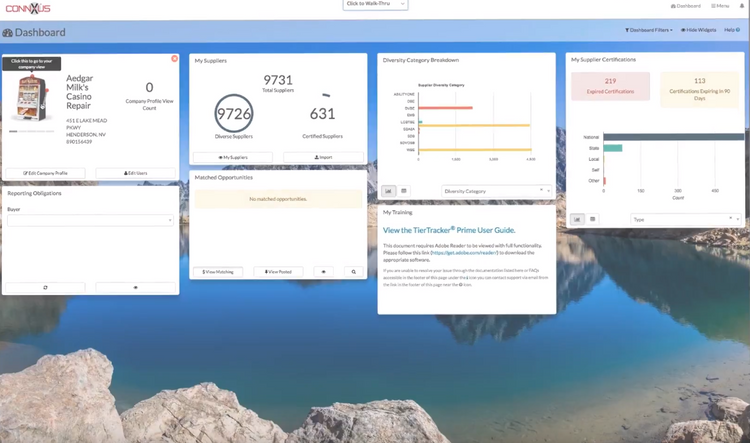
Key Features of SRM Software
- Contact Management: Store and organize all your supplier information, like contact name, physical addresses, email addresses, phone numbers, and more.
- Invoice, Requisition, and Quote Creation: Generate identical document templates for all your suppliers to maintain consistency.
- Automated Order History: Track previous purchase orders from your suppliers to forecast for future demands along the supply chain lifecycle.
- Performance Analytics: Monitor real-time individual supplier performance over time. Use the supplier data you gather to decide on new business processes.
- Communication Management: Store and organize emails, call transcripts, and other communication records.
- Supplier Risk Management: If there are any problems with a supplier, you can flag the issue in your system to mitigate potential supply chain interruptions.
- Call Scripts and Email Templates: If you’ve ever struggled to communicate with a new supplier, consider using a template or script to remain consistent.
- Follow-up Scheduling: Generate a calendar for following up on important calls, emails, and other forms of communication with suppliers. Streamline priority responses.
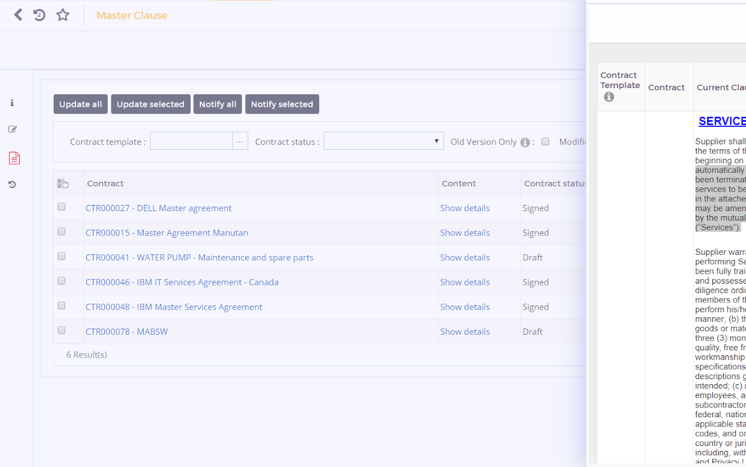
Benefits of Supplier Relationship Management
There are several benefits to using an SRM software:
Organize Contact Information in One Place
While old-school Rolodexes are still popular for storing business cards, they are hard to manage and update. An online contact management system doesn’t run out of storage space the way a Rolodex does. You can add as many suppliers as you want with as much information as you need to stay organized.
With all your company contacts in one place, the data is accessible to everyone who needs it. If the main contact goes on vacation or retires, you can log into the system and access information while they’re away. No digging through desk drawers trying to find a phone number!
Cloud-based SRM offers another benefit: information anywhere! When you attend trade shows or conferences, you can add new prospects into your supplier relationship management system from your phone or tablet. There’s no need to hold on to dozens of easy-to-lose business cards for the duration of your trip. Just enter new leads into the system and start communicating.
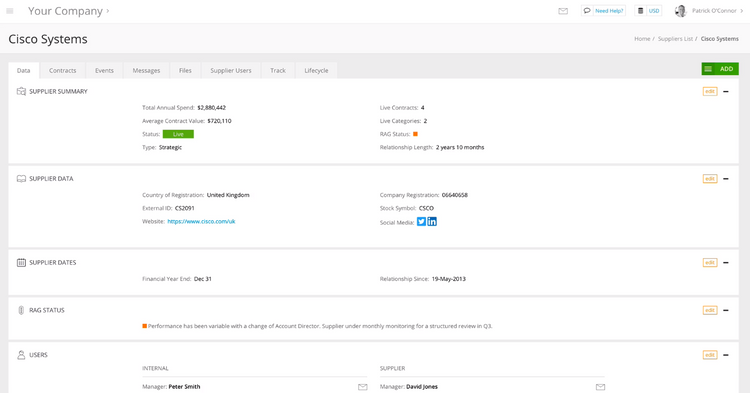
Receive Follow-Up Reminders and Notifications
One of the crucial elements of any relationship is timely communication follow-up. The supply chain schedule is delicate and your late communication can cause delays for all your supplier partners. A physical calendar can help but get quickly filled up if you have a lot of appointments.
Set automated reminders for both emails, phone calls, and in-person meetings with SRM systems. Then you don’t have to worry about missing those important follow-ups anymore. And you can save your calendar for noting final deadlines.
Supplier Performance Metrics
Good supply chain management means knowing which of your current supplier partners are providing the best benefits to your business. When it’s time to evaluate your supplier relations, you’ll need an analytics tool to measure performance. Use your SRM program to monitor KPIs of your vendors. You can see who is offering you the best ROI so you can adjust your supplier needs for the upcoming year. This strategic sourcing can result in lots of cost savings in the long run.
Procurement software lets you track important vendor information in real-time. Get up-to-date orders with purchase quantities, delivery timeframes, payment terms, and overall costs.
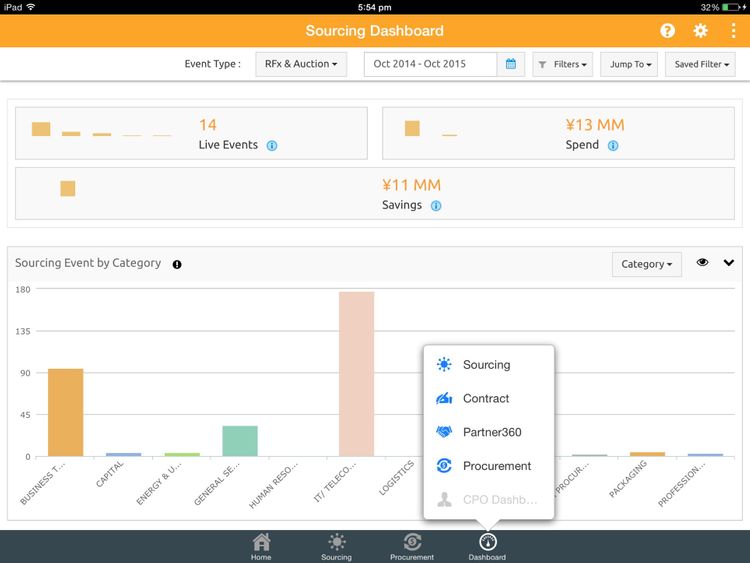
Consistent Communication Language
The language you use to communicate with suppliers is important. You may think your phrasing doesn’t matter but using the wrong terminology can lead to costly miscommunications. SRM software tools can reduce those mistakes by providing template scripts for all outgoing communications.
For example, you may speak casually on the phone with a supplier about lowering costs. You decide to ask if there are “any discounts” available, although what you want is a permanently lower rate. On their end, they genuinely think you’re asking for a one-time discount. You get a reduced rate on your next purchase order and you then adjust your budget to match what you assume is a permanently lower rate. When the next PO rolls around, you’re left struggling to pay the original rate. By sticking to a script, you can stay in control of your phone calls and avoid incidents.
Having a set script or template also makes it easier for new and temp workers to understand your business. By following a set form of communication, they can get started working with suppliers right away without onboarding.
SRM Software Pricing
SRM software prices mainly depend on whether you select a subscription-based plan or a one-time download. Another factor is how many suppliers, vendors, and contracts you need to manage. One-time perpetual license solutions start at $4,395 and go up to $12,500. This option does not include training and implementation though IT is generally covered for at least the first year. Software-as-a-service (SaaS) prices range from $17 per month per user up to $775 per month per user. This often includes IT support throughout the duration of the subscription.
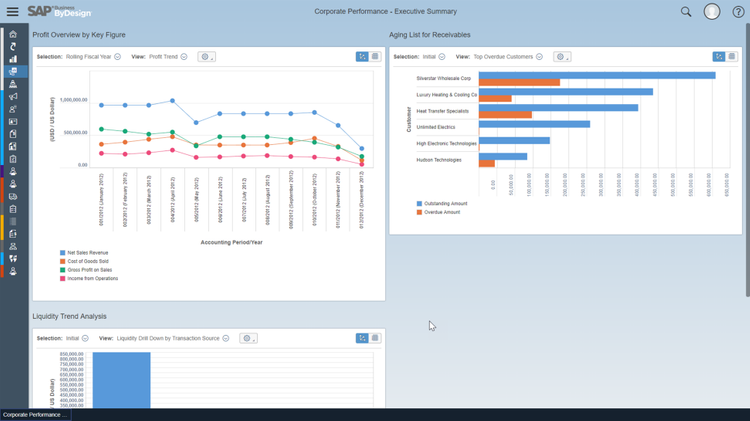
Common Supplier Relationship Problems
These are some of the main supplier relationship problems encountered by businesses:
Missing Follow-Up Deadlines
When a supplier asks for a follow-up phone call or email, they expect it in a timely manner. If you don’t respond within their timeline, they’ll think you forgot about them or don’t care about their business. SRM software provides reminder notifications so you don’t miss those important follow-ups.
Disorganized Personal Organizers
Say it’s time for one of your top sales agents to retire. On their last day they leave behind their Rolodex and a file cabinet full of index cards. It turns out they used their own organizing system for the last twenty years and you don’t have a clue how it works.
Organizing everything they left behind can be a waste of valuable time. And if you don’t know which suppliers you’re supposed to follow-up with next, you could damage relationships which were years in the making.
An SRM software provides one digital space for all your company’s supplier contacts. It is far easier to have your team input all their data into an online system than have to go through decades of notecards every time someone leaves or retires.
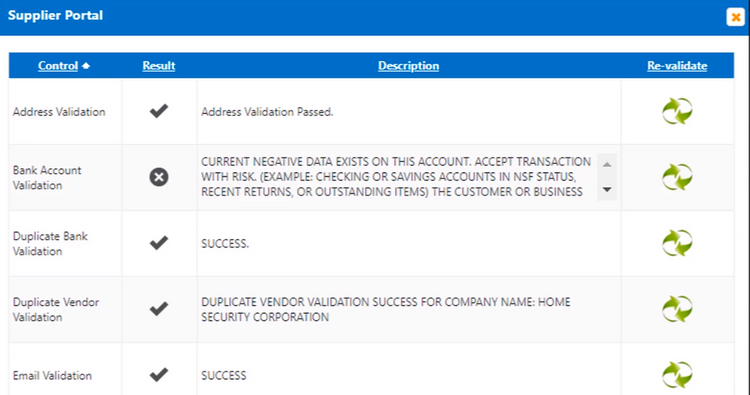
Supplier Miscommunications
Finally, any miscommunication with a supplier can lead to costly, time-consuming mistakes. Do you need to cancel a shipment this month? Do you have a new facility with a different delivery address from your usual location? Are you changing your invoice system? There’s no way for your suppliers to know these small details about your company.

